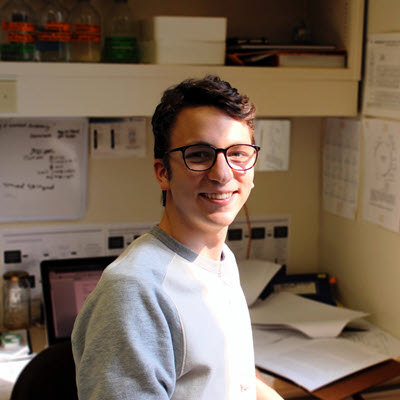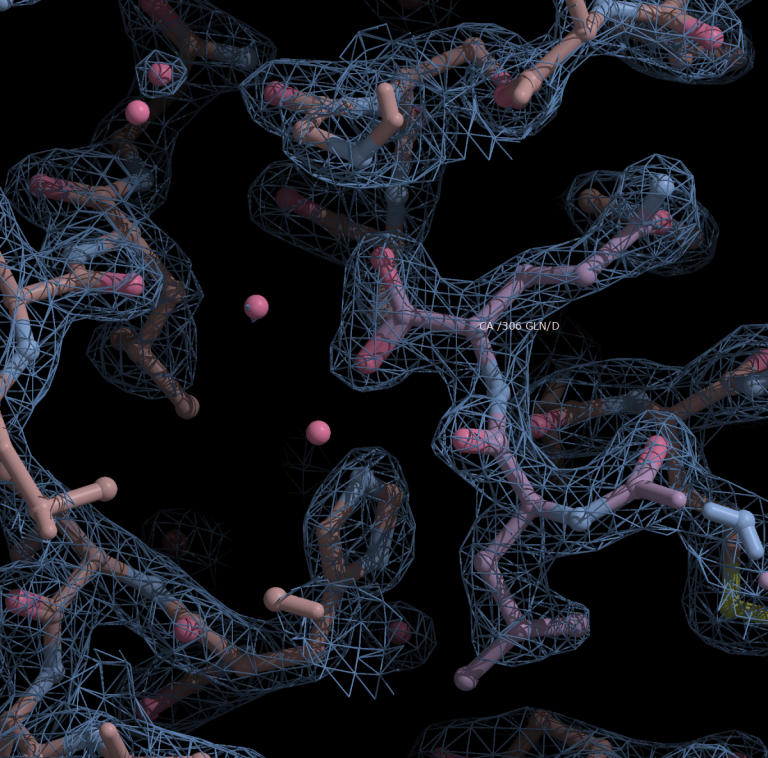
Calem Kenward, a PhD student in the lab of Dr. Natalie Strynadka has been named a 2021/22 recipient of a Killam Doctoral Scholarship.
His work on proteins has included exploring the crystal structure of the main protease of SARS-CoV-2.

In an interview with UBC Graduate studies, Calem said he has always loved taking things apart and figuring out how they worked. “I like to think working in a research lab is the ultimate version of that. In science you get to drill down to the tiniest, most fundamental parts of a system and see how they interact to create incredible complexity around us. In some small way, I hope to contribute to our understanding of that complexity.
“I study the pinnacle of microscopic machinery, that is the proteins that compose almost all living things,” he said. “These little machines are composed of the simplest repeating sub-units but work to make machines thousands of times more efficient and smaller than we can artificially. Understanding how these proteins function and interact is a significant challenge, and UBC has the tools (and connections) to make studying these challenging targets possible.”
Working in the Strynadka lab, he has been able to pursue the opportunity to get involved in cutting-edge research and expand his abilities as a biochemist. During the pandemic, the Strynadka lab has been working on the crystalline structure of the SARS-CoV-2 virus, producing multiple papers using cutting edge techniques. “Science is always changing at a rapid pace,” said Calem, “but it feels like that pace is increasing more than ever. Staying on top of all the advancements in techniques and methods while contending with the global competition is going to be a significant challenge.”
This post originally appeared on the LSI Website.